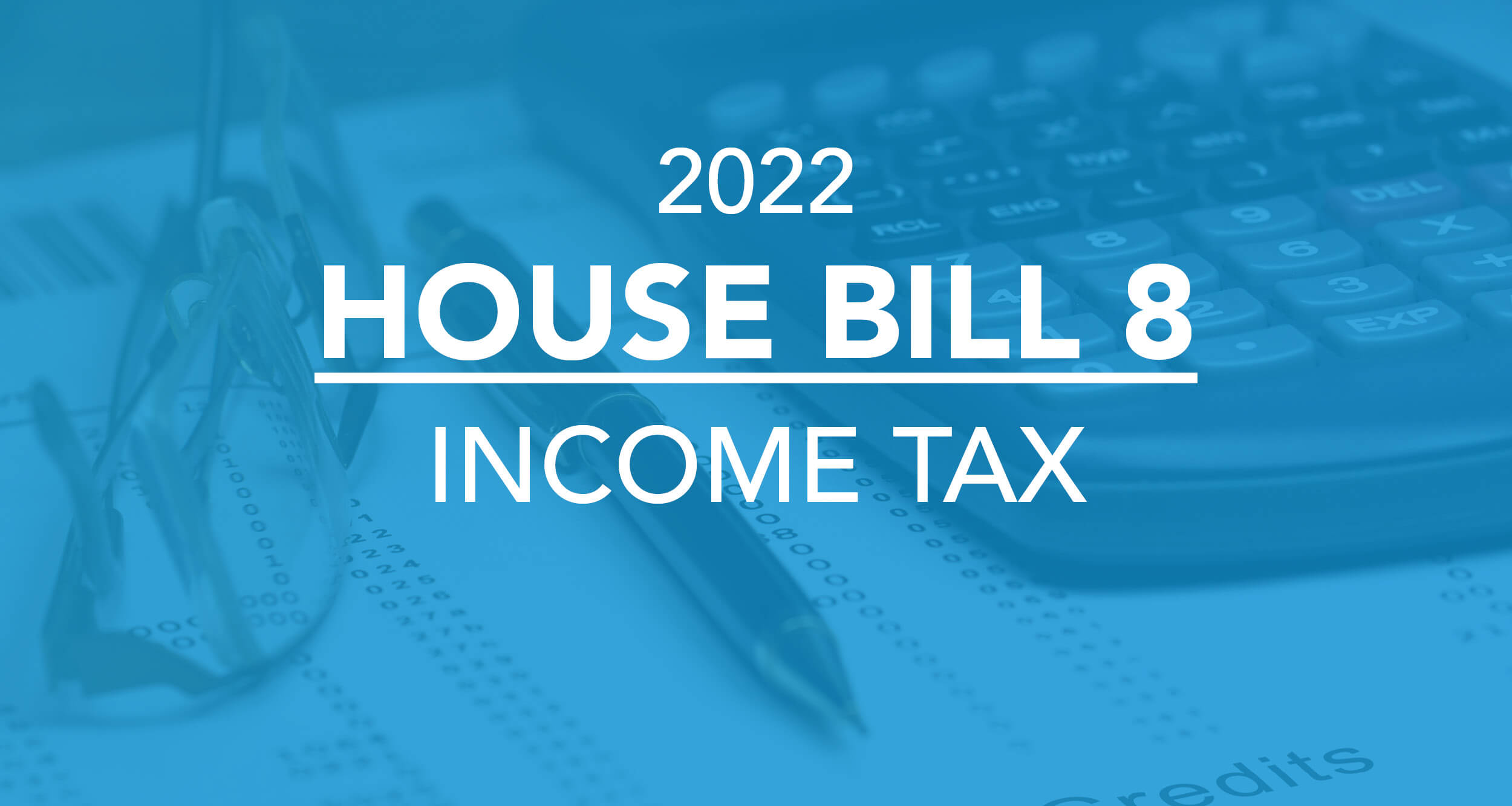Among the changes that the Kentucky General Assembly made are a few affecting individual and corporation income taxes. The change with the impact on the largest number of people is the potential reduction of the individual income tax rate from five percent (5%) to four and one-half percent (4.5%). Future rate reductions are also a possibility.
Potential rate reductions for individual income taxes
Currently, many states are flush with monies from various COVID-19 relief programs. Kentucky is no exception. Thus, many state legislatures have enacted various tax rebates or exemptions to benefit taxpayers. For example, Georgia residents are receiving a one-time $250 income tax rebate, and Floridians will have the opportunity on certain dates to buy numerous items, such fuel, diapers, disaster supplies, and tools free from sales tax. While both of these approaches were discussed by the Governor and General Assembly, the statute ultimately enacted is aimed at reducing, and eventually eliminating, Kentucky’s individual income tax.
Section 1 of House Bill 8 provides for a tax rate reduction of one-half of one percent (0.5%) if certain “reduction conditions” are met. Those reduction conditions include having a certain balance in the state’s budget reserve trust fund, or rainy-day account, as of the end of the state’s fiscal year, which is June 30, and for the fiscal year, receipts deposited in the state’s General Fund must be equal to or in excess of expenditures from the Fund.
The Department of Revenue, with assistance from the Office of State Budget Director, is charged with reviewing the reduction conditions and determining whether the conditions are satisfied. If a tax rate reduction is to occur, it will be implemented for the taxable year beginning on January 1, 2023. If the reduction conditions are not met, the rate will remain at its current five percent (5%). The Department is to continue reviewing the reduction conditions on an annual basis, but no further rate reduction will take place without future action by the General Assembly.
Conformity with the Internal Revenue Code
Another change updates Kentucky’s income tax statutes to be consistent with the Internal Revenue Code (“IRC”) as of December 31, 2021. Previously, Kentucky followed the IRC in effect as of December 31, 2018. The effective date of the change is for tax years beginning on or after January 1, 2022. No change was made, however, to the modifications to the IRC that Kentucky has had in effect for decades – most notably, the differences related to calculation of depreciation and allowances for bonus depreciation or Section 179 expense.
One new income tax credit and higher limits for another
In an effort to motivate individuals and businesses to invest in decontamination or remediation of property, the General Assembly created a refundable income tax credit for “qualifying decontamination property.” The credit is available for calendar years 2022 through 2031. The amount of the credit depends on the total qualifying expenditures made by the taxpayer for the decontamination or remediation of the property. The total credit that may be awarded for a single qualifying decontamination property cannot exceed $30,000,000.
Also, home and business rehab professionals may enjoy the increased credit for qualified rehabilitation expenses. The statutory amendment increases the allowable maximum credit from $60,000 to $120,000 on residential property and from $400,000 to $10,000,000 on non-residential properties.
Related Articles







